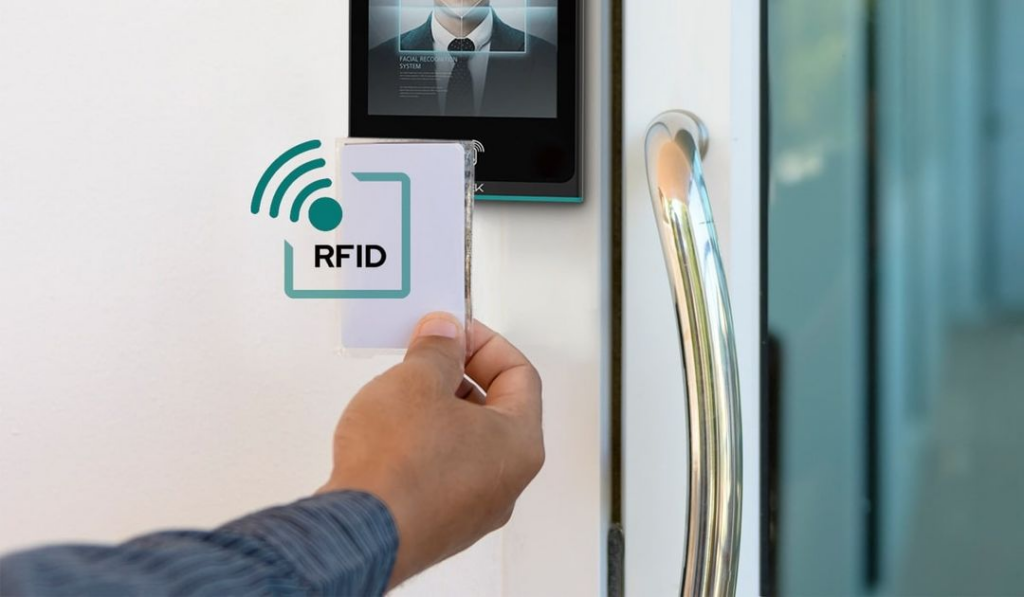5 RFID Challenges and How Companies Can Overcome Them

RFID technology is transforming industries by improving inventory management, enhancing security, and streamlining operations. Despite its benefits, businesses often face challenges when implementing RFID systems. These obstacles can lead to inefficiencies and hesitation in adoption. However, with the right strategies, companies can overcome these barriers and unlock the full potential. In growing markets like UAE RFID solutions are not just a good to have but a must have.
High Initial Investment Costs
One of the biggest challenges businesses face with RFID is the initial cost of implementation. Setting up an RFID system requires purchasing tags, readers, software, and integrating everything into existing operations. This can be expensive, especially for small and mid-sized businesses.
How to Overcome It: Companies should start with a phased approach, implementing RFID in key areas before expanding across the organization. Many businesses see a return on investment through improved efficiency, reduced losses, and better inventory management. Exploring cloud-based RFID solutions or leasing hardware instead of purchasing can also help reduce upfront costs.
Integration with Existing Systems
Many businesses operate on legacy systems that do not natively support RFID. This lack of compatibility can lead to disruptions and additional costs in upgrading or replacing outdated infrastructure.
How to Overcome It: Companies should work with RFID providers that offer customizable integration solutions. Middleware software can bridge the gap between existing systems and RFID technology. Businesses should also conduct a thorough compatibility assessment before implementation to identify any potential roadblocks and plan accordingly.
Signal Interference and Readability Issues
RFID systems rely on radio frequency signals, which can be affected by environmental factors such as metal surfaces, liquids, or interference from other electronic devices. Poor readability can lead to inaccurate tracking and data inconsistencies.
How to Overcome It: Choosing the right RFID frequency and tag type is crucial. Ultra-high frequency (UHF) RFID works well for logistics and retail, while low-frequency (LF) and high-frequency (HF) RFID are better suited for environments with high interference. Businesses should also conduct on-site testing to identify and mitigate interference issues before full-scale deployment.
Privacy and Security Concerns
As RFID technology enables real-time tracking, concerns about data privacy and security arise. Unauthorized access to RFID-tagged items could lead to sensitive information leaks or security risks.
How to Overcome It: Companies should implement encryption, authentication, and access control measures to protect RFID data. Using secure RFID tags with built-in encryption and ensuring compliance with data protection regulations will help mitigate risks. Educating employees and customers on how RFID works can also alleviate concerns about privacy.
Managing Large-Scale Data
RFID generates a vast amount of data, which can be overwhelming if not managed properly. Without a robust data management system, businesses may struggle to process and analyze the collected information effectively.
How to Overcome It: Implementing AI-driven analytics and cloud-based platforms can help businesses manage and interpret RFID data efficiently. Real-time dashboards can provide actionable insights, allowing businesses to make informed decisions quickly. Having a well-structured data management strategy ensures that RFID technology adds value rather than creating confusion.
Moving Forward with RFID
While RFID comes with challenges, the benefits far outweigh the obstacles. Spokes person of Innovent tech solution told us that – by addressing cost concerns, ensuring seamless integration, minimizing signal interference, securing data, and effectively managing large-scale information, companies can successfully implement RFID and stay ahead of the competition. With strategic planning and the right technology partners, RFID adoption becomes a powerful asset rather than a hurdle.